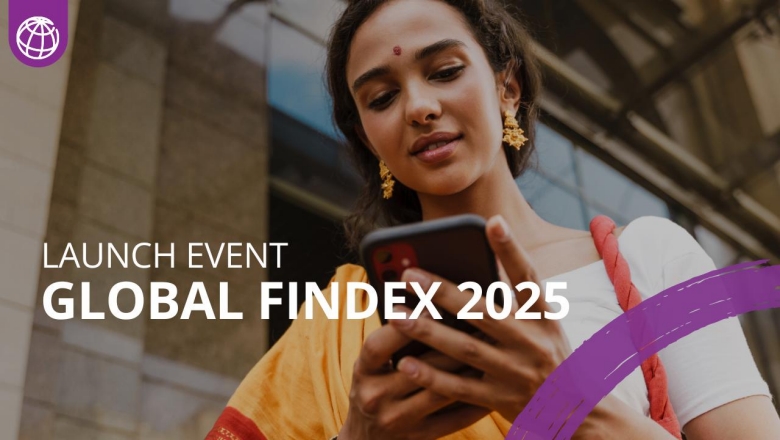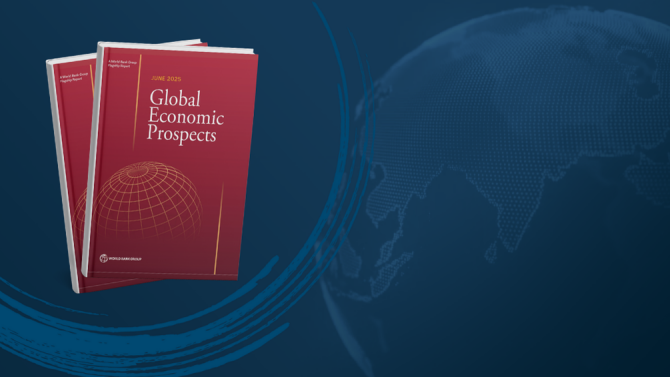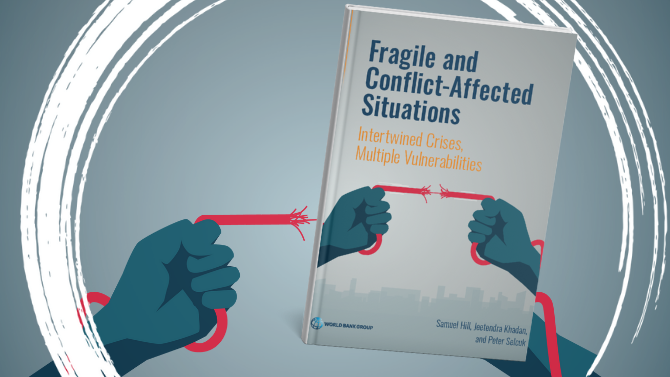Featured

Global Findex 2025
The Global Findex Database is the world's only demand-side survey on financial inclusion and a leading source of data on how adults around the world access and use financial services.
Since its launch in 2011, the Global Findex has provided critical insights into financial inclusion, digital payments, savings, and borrowing behaviors across various economies. The database highlights key trends such as the rise of digital financial services and the gender gap in account ownership.

Global Economic Prospects, June 2025
The global economy is facing substantial headwinds, emanating largely from an increase in trade tensions and heightened global policy uncertainty. For emerging market and developing economies (EMDEs), the weak outlook limits their ability to boost job creation and reduce extreme poverty. This challenging context is compounded by subdued foreign direct investment into EMDEs.

Fragile and Conflict-Affected Situations: Intertwined Crises, Multiple Vulnerabilities
Nearly 40 percent of the population of FCS economies lives in extreme poverty. By 2030, these economies are projected to account for nearly 60 percent of the world’s extreme poor, up from 50 percent in 2024. They also bear a growing burden of hunger: around 200 million people—nearly one in five—now face acute food insecurity.
